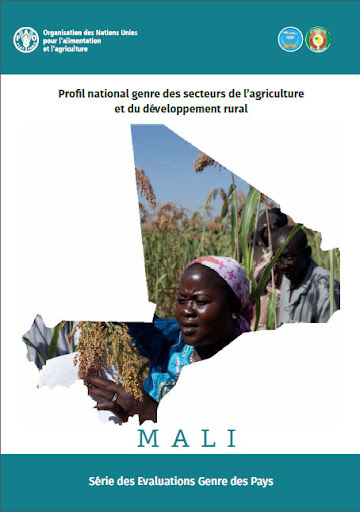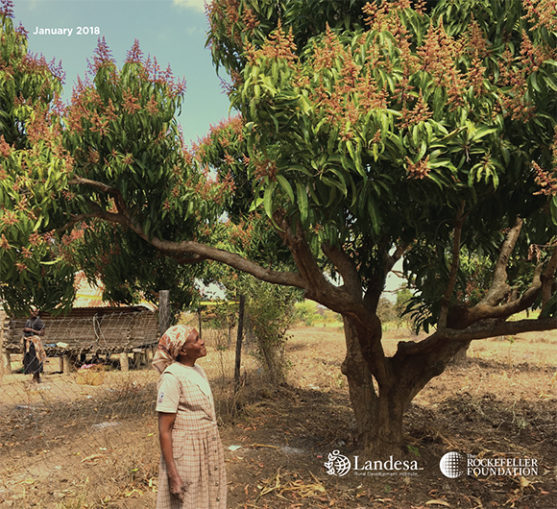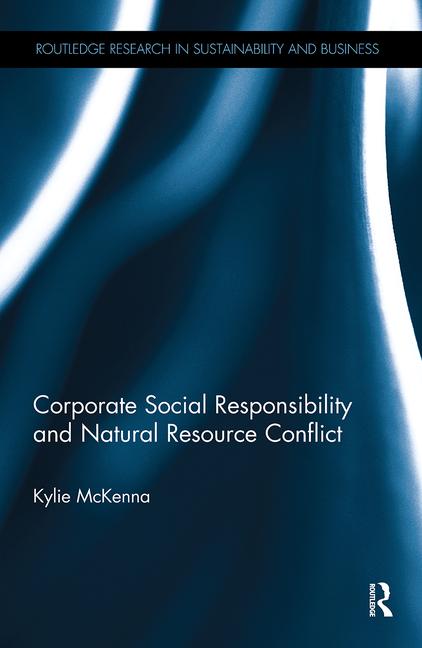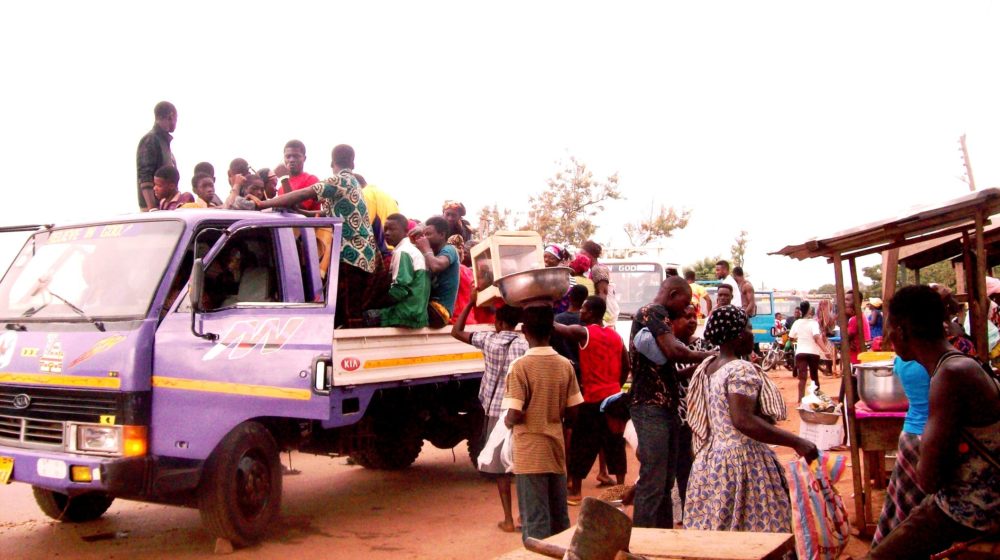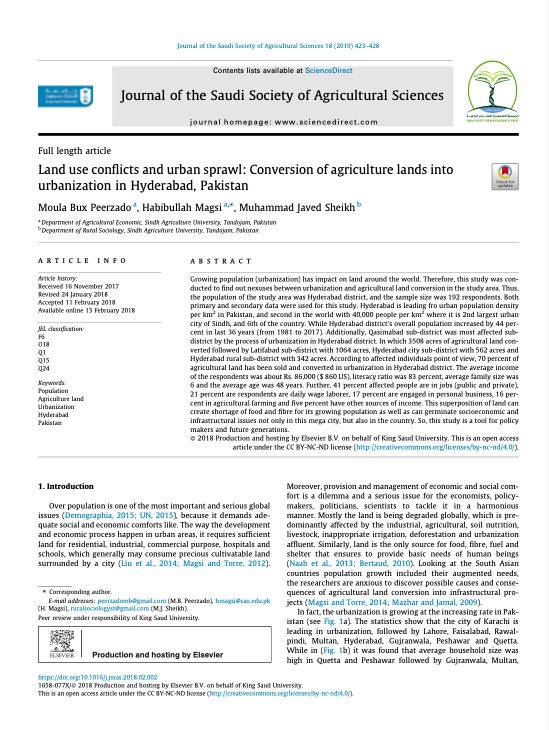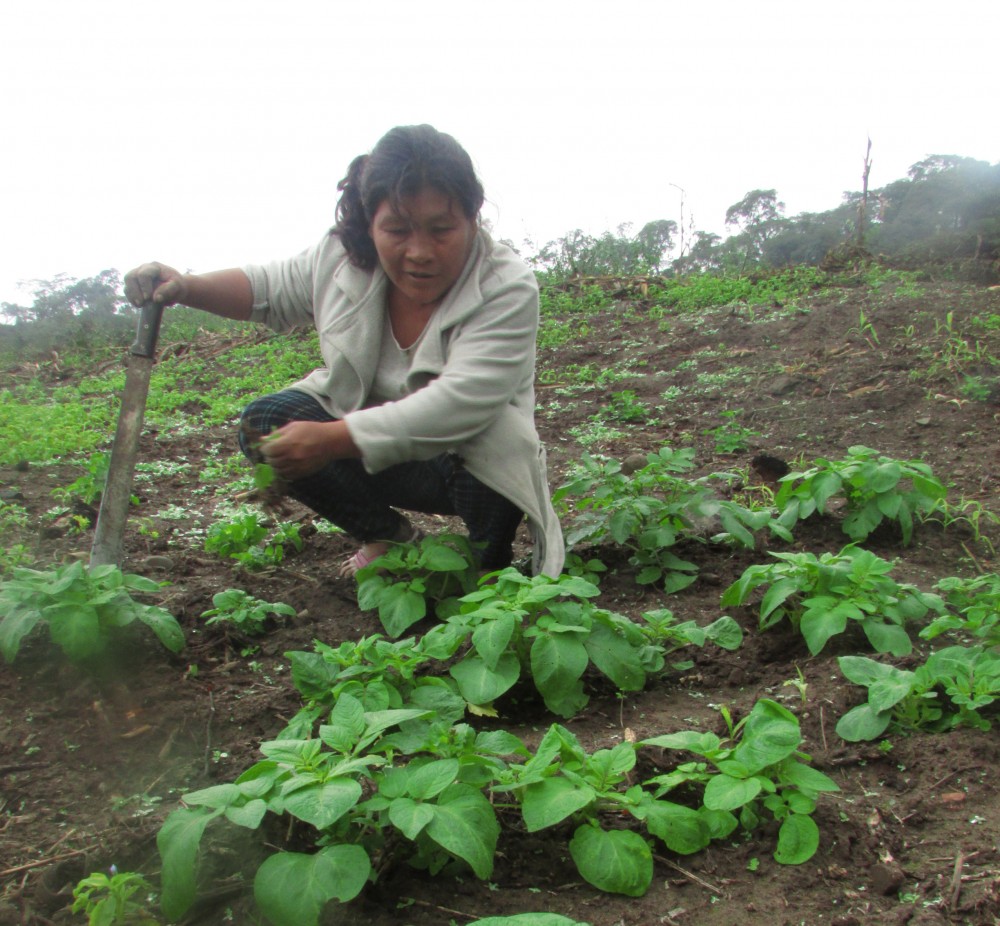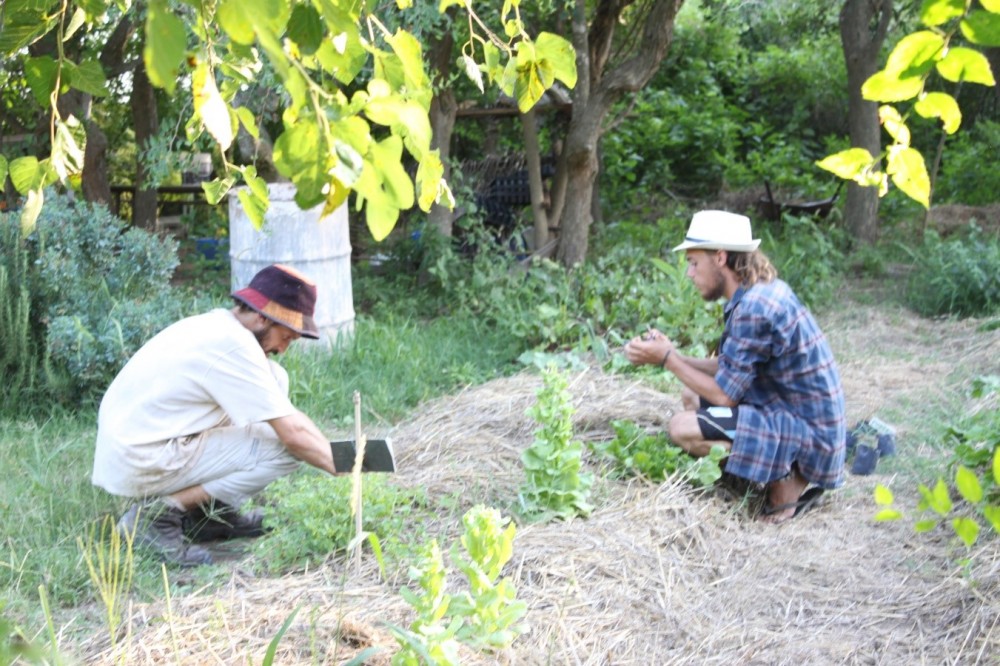Profil national genre des secteurs de l’agriculture et du développement rural
Ce Profil national genre des secteurs de l’agriculture et du développement rural a été préparé dans le cadre du projet de coopération technique de la FAO et de la Commission de la CEDEAO portant sur : « la Réponse Genre aux Plans Régionaux et Nationaux d’Investissement Agricole pour relever le défi Faim Zéro dans la région de la CEDEAO ». Le projet couvre les quinze pays membres de la CEDEAO sous le leadership de Bukar Tijani, Directeur General Adjoint et Représentant Régional pour l’Afrique de la FAO et Siga Fatima Jagne, Commissaire de la CEDEAO pour les Affaires Sociales et le Genre.

